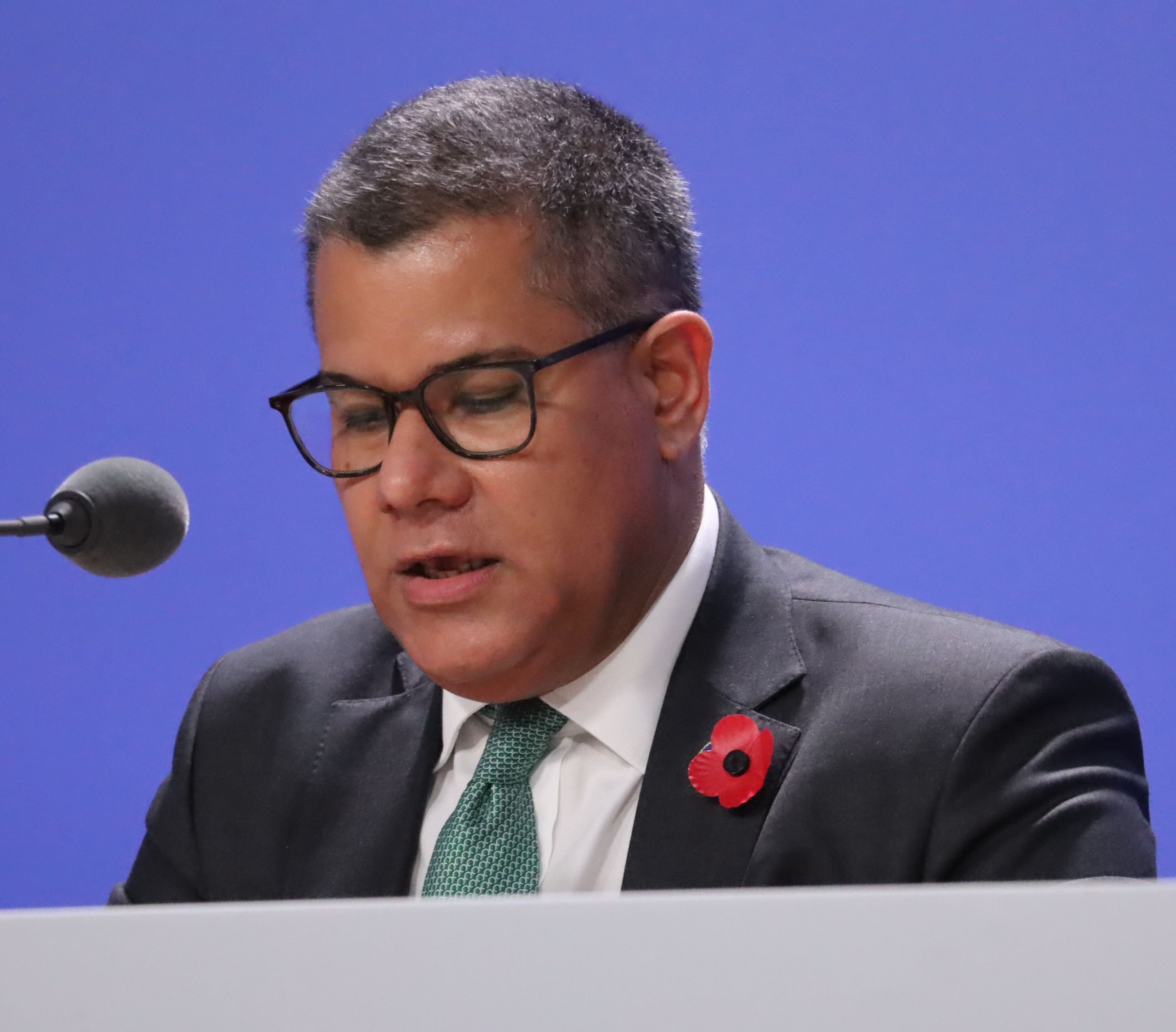


After two weeks of intense talks, which ended on Saturday, nearly 200 countries on the final day of the 2021 United Nations Climate Change Conference ( COP26 ) in Glasgow have agreed to the Glasgow Climate Pact, which aims to keep alive the goal of limiting the global temperature rise to 1.5 degree Celsius, and to finalize the outstanding elements of the Paris agreement.
The Glasgow Climate Pact, combined with increased ambition and action from countries, means that the 1.5 degree Celsius target remains in sight, but it will only be delivered with concerted and immediate global efforts.
The pact will speed up the pace of climate action as all countries agreed to revisit and strengthen their current emissions targets to 2030, known as Nationally Determined Contributions, in 2022. This will be combined with a yearly political roundtable to consider a global progress report and a leaders’ summit in 2023.
The Paris rulebook, the guidelines for how the Paris agreement is delivered, was also completed on the conference’s final day after six years of discussions. This will allow for the full delivery of the landmark accord, after agreement on a transparency process that will hold countries to account as they deliver on their targets. The rulebook’s Article Six establishes a robust framework for countries to exchange carbon credits through the United Nations Framework Convention on Climate Change.
And for the first time, heeding calls from civil society and countries most vulnerable to climate impacts, COP26 earlier agreed on action to phase down fossil fuels.
Other conference decisions also went further than ever before in recognizing and addressing loss and damage from the existing impacts of climate change. There were also commitments to significantly increase financial support through the Adaptation Fund as developed countries were urged to double their support to developing countries by 2025.
The final COP26 text follows two years of intense diplomacy and campaigning undertaken to raise ambition and secure action from almost 200 countries.
Work focused on driving short-term reduction of emissions to limit temperature rises to 1.5 degree Celcius, mobilizing both public and private finance, and supporting communities to adapt to climate impacts.
“We can now say with credibility that we have kept 1.5 degrees alive,” says Alok Sharma, COP26 president. “But, its pulse is weak, and it will only survive if we keep our promises and translate commitments into rapid action.”